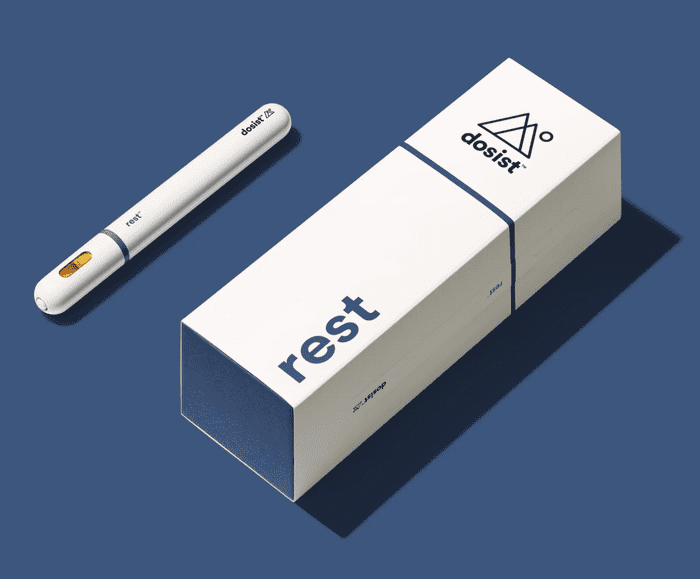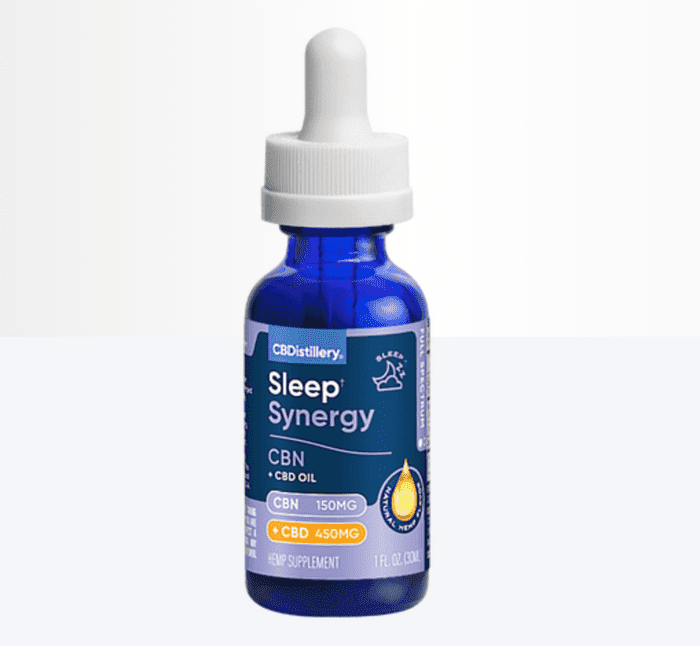I've had a really hard time going to sleep and staying asleep. I am wondering if there is a difference between THC and CBD and which may help me get over this insomnia.
Mitchell Y.
OK, I have some information for you to sleep on. Sleep disorders such as insomnia and sleep apnea are quite common in this country, and more and more people are trying cannabis as a sleep aid. This is, in fact, not new. Marijuana has been used as a sleep aid for hundreds of years.
More recently research has shown that the body’s endocannabinoid system (ECS) plays a role in regulating sleep. Other research shows that marijuana cannabinoids tetrahydrocannabinol (THC) and cannabidiol (CBD) may also play a part in regulating the ECS, helping people to establish more regular sleeping patterns.
There is a growing body of evidence to suggest that cannabis helps with conditions such as insomnia, though there is the question of whether it may be more beneficial for short-term use, whereas long-term use might actually cause problems with sleep.
The Dosist pen 'Rest' targets sleep
With certain conditions, including chronic pain, post-traumatic stress disorder (PTSD), restless leg syndrome (RLS), and multiple sclerosis, cannabis may help people fall asleep faster, wake up less during the night, and enjoy better sleep quality overall. Other people report getting relief, and better sleep, when suffering from insomnia, anxiety, and pain.
THC typically works as a sedative, but it can be stimulating for some users, especially for those who are new to using cannabis or taking higher doses. In these cases, using marijuana before bed may result in a longer time of falling asleep. CBD appears to promote alertness at lower doses, and sleepiness at higher doses.
One study suggests that CBD is more promising as a treatment because even though THC may lessen sleep latency, long-term sleep patterns could be negatively affected.
THC improves sleep by reducing REM (rapid eye movement) sleep. REM sleep is associated with reducing dreams, which leads to better quality of sleep. However, REM sleep is a normal part of the body’s function and prolonged suppression could lead to serious sleeping problems.
On the other hand, decreasing REM sleep may provide some help for people with PTSD, because nightmares are a common symptom, so less dreaming is good.
CBD may also have fewer side effects for users than THC, since it’s not psychoactive and has no effects on the gastrointestinal system.
RonnieC
It’s also worth looking at the most common strains of cannabis: indica and sativa. Sativa tends to be more stimulating and people tend to use it for an energy boost. Indica tends to be more relaxing, promoting feelings of relaxation and sleepiness.
So many users suggest that indica is a better place to start looking for a sleep aid. But if you want to avoid nightmares, then sativa is worth exploring.
Utopia Gilly
There are studies that show that CBD can work well at high doses to promote sleep.
One study worked on the basis that levels of cortisol, the stress hormone, usually hit their peak in the morning. However, those suffering from insomnia may have high cortisol levels at night, making them wake up. CBD was shown to reduce cortisol levels and help the study participants get better sleep.
Basically, the best way to find out what will work best for you is to try different strains with different combinations of THC and CBD. Also try different methods of consumption, including smoking, vaping, pills, edibles, tinctures and so on.
For example, if you smoke or vape cannabis, you will find the onset (how fast it acts) is quick, but also ends quickly. With edibles, it takes longer for the cannabinoids to kick in, but the effects last longer — so these might be worth exploring by those who want a long night of sleep.
JohnnyBgud

